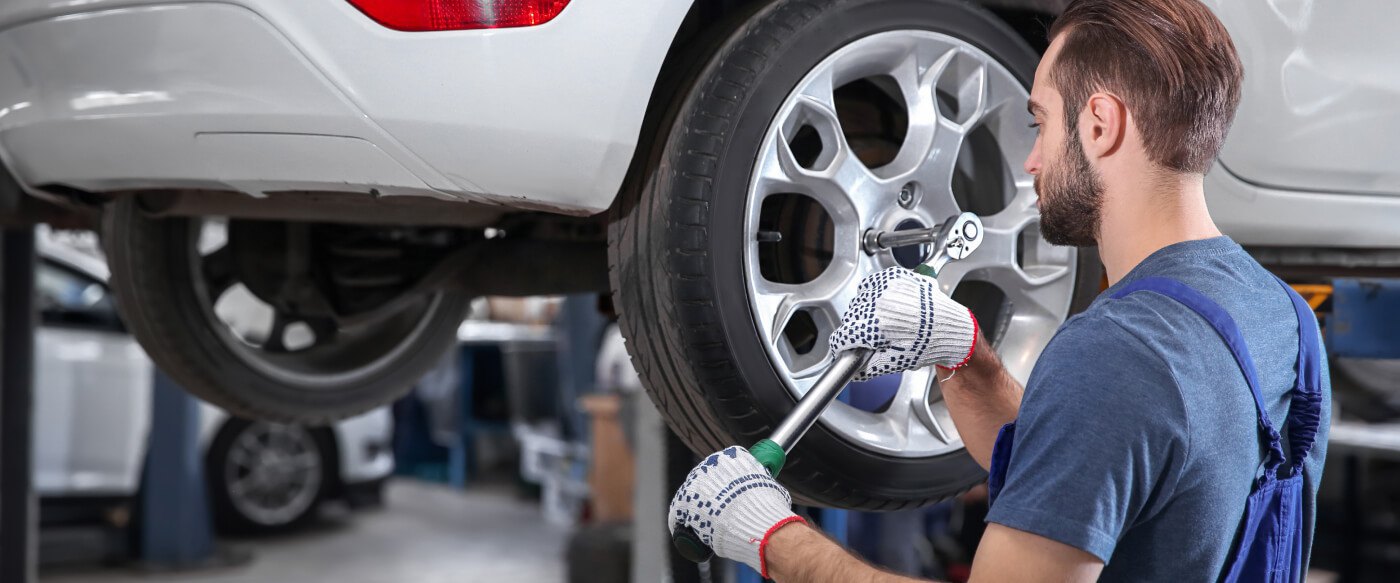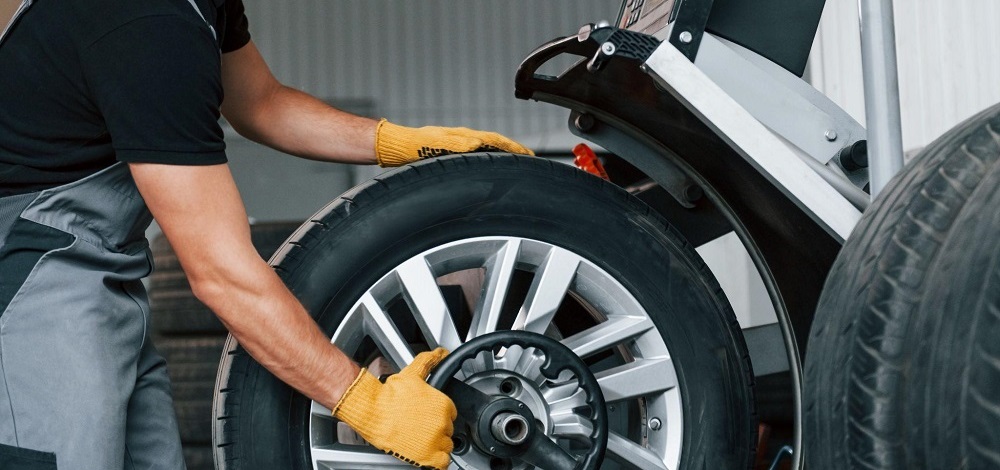Tire Service: The Influence of Weather Problems
When it involves ensuring optimum performance and security on the road, recognizing the effect of climate conditions on tire solution is crucial. From scorching warmth to icy roadways, each weather condition element can significantly influence tire capability and total driving experience. By delving right into the results of varying climate condition on tires, chauffeurs can gain beneficial understandings that might improve their automobile's performance and longevity. In this discussion, we will certainly check out the intricate connection between climate condition and tire service, dropping light on the relevance of weather-specific tire maintenance methods and factors to consider.
Heat and Tire Performance
When exposed to high temperature levels, tires experience modifications in performance that can considerably influence vehicle security and handling. The heat generated from long term driving or heat conditions triggers the tire rubber to soften, bring about lowered tread life and increased wear. As the rubber becomes softer, the tire's grasp when traveling decreases, affecting stopping ranges and general grip. In severe cases, extreme warmth can also create tire blowouts, positioning a serious safety threat to the automobile and its owners.

Winter Impacts
Winter conditions can have a substantial impact on tire performance and safety. As temperature levels decrease, tire rubber can solidify, leading to lowered traction on icy or snow-covered roads. In cold climate, tires might additionally shed air stress more quickly, which can affect dealing with and gas efficiency. In addition, cool temperature levels can cause tire sidewalls to stiffen, increasing the threat of damages from gaps or various other road risks.
To reduce the impacts of winter on tires, it is vital to regularly check tire pressure and inflate them to the producer's suggested levels. Making use of winter or all-season tires developed for chilly climate conditions can also improve grip and grip on icy or snowy roadways. Appropriate tire maintenance, including normal examinations for wear and damage, becomes even much more important during cooler months to make certain optimal performance and security.
Rainy Conditions Impact
Tires with worn-out footsteps are a lot more vulnerable to hydroplaning, where a layer of water develops up in between the tire and the road surface area, leading to loss of traction. To combat this, vehicle drivers must consistently check their tires for sufficient tread deepness and take into consideration spending in tires particularly made for wet conditions.
Furthermore, stormy climate can also reduce exposure, making it testing for chauffeurs to see the roadway ahead clearly (GMC Tire Service). In such problems, it is important to change driving rates accordingly and keep a risk-free complying with range to permit for abrupt click this site quits. Appropriately inflated tires can likewise assist in maintaining control on damp roads by providing much better handling and grasp
Snow and Tire Security
When driving in snowy conditions, having the appropriate tires can make a substantial distinction in safety and security and efficiency. Winter months tires are designed with special rubber compounds and walk patterns to supply far better grip on snow and ice compared to all-season tires.

It is vital to comply with maker instructions when mounting and making use of tire chains to prevent damages to the tires and lorry. By picking the right tires, maintaining correct inflation, and considering added traction aids like tire chains, drivers can enhance their safety and security when navigating snow-covered roadways.
Weather-Related Tire Upkeep
When encountered with different climate conditions, correct tire maintenance ends up being an essential aspect of car safety and efficiency. Weather-related tire upkeep includes an array of techniques targeted at making sure optimal tire function and durability in different weather condition scenarios. One crucial facet of weather-related tire upkeep is tire stress policy. Fluctuating temperatures can trigger tire pressure to vary, influencing grip and gas efficiency. Routinely examining and readjusting tire pressure according to manufacturer referrals is essential for risk-free driving in changing climate condition. Additionally, tire tread deepness plays a considerable duty in dealing with different climate elements. Tires with sufficient step depth provide far better grasp on wet or icy roadways, minimizing the risk our website of hydroplaning or skidding. When walk wear gets to a certain depth is essential for keeping traction and security in damaging climate, checking tire step routinely and changing tires. By prioritizing weather-related tire maintenance, chauffeurs can boost safety and security, enhance vehicle efficiency, and prolong the life-span of their tires.
Verdict
Finally, weather have a considerable effect on tire efficiency and safety. From warmth impacting tire stress and wear to chilly weather lowering traction, it is click to read necessary to consider the weather condition when preserving and making use of tires. Wet problems can decrease grasp and cause hydroplaning, while snow can raise the danger of accidents if tires are not properly equipped. Weather-related tire upkeep is essential in ensuring optimum performance and safety and security when driving.
In this conversation, we will certainly check out the complex relationship in between weather condition problems and tire solution, dropping light on the significance of weather-specific tire maintenance methods and factors to consider.
